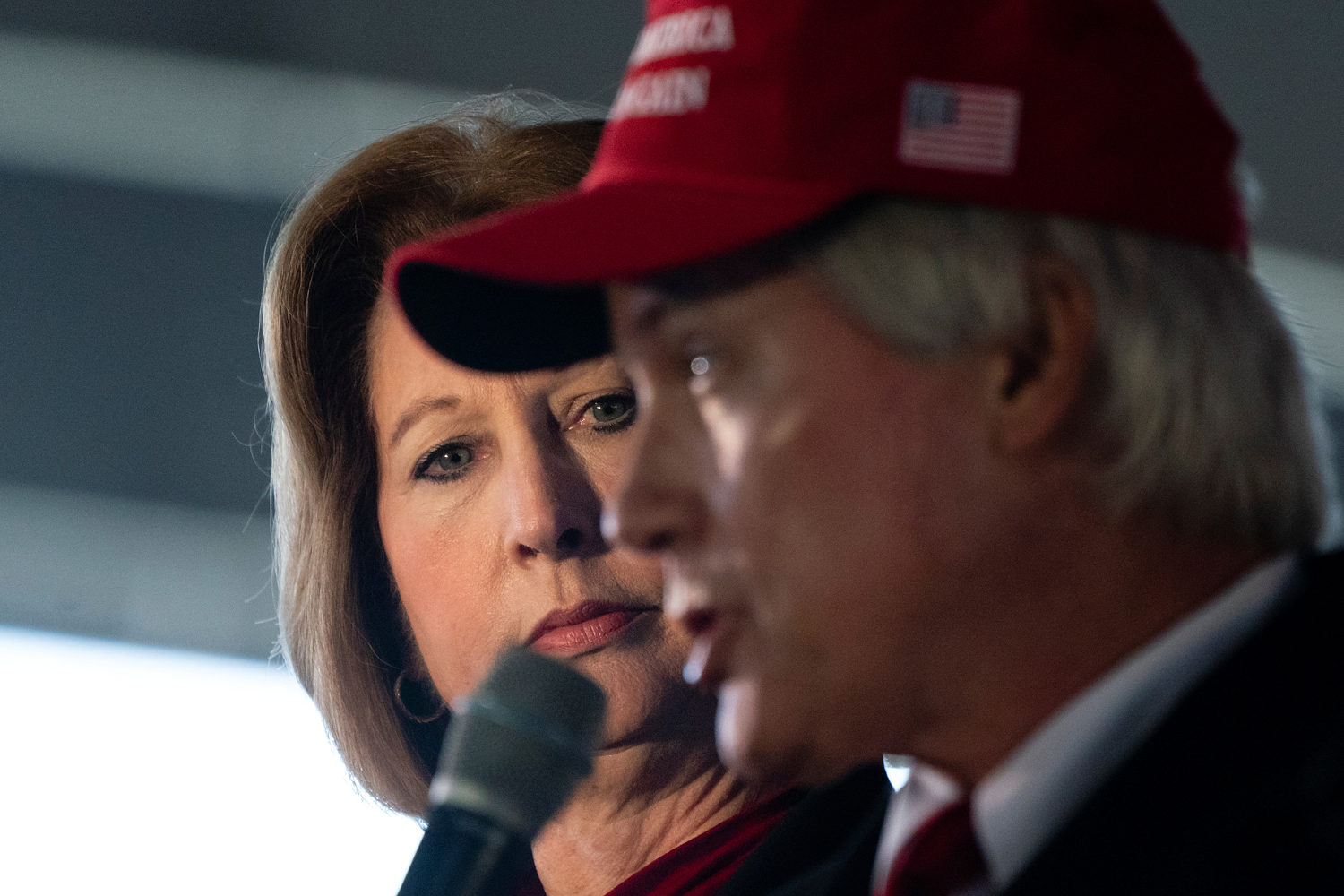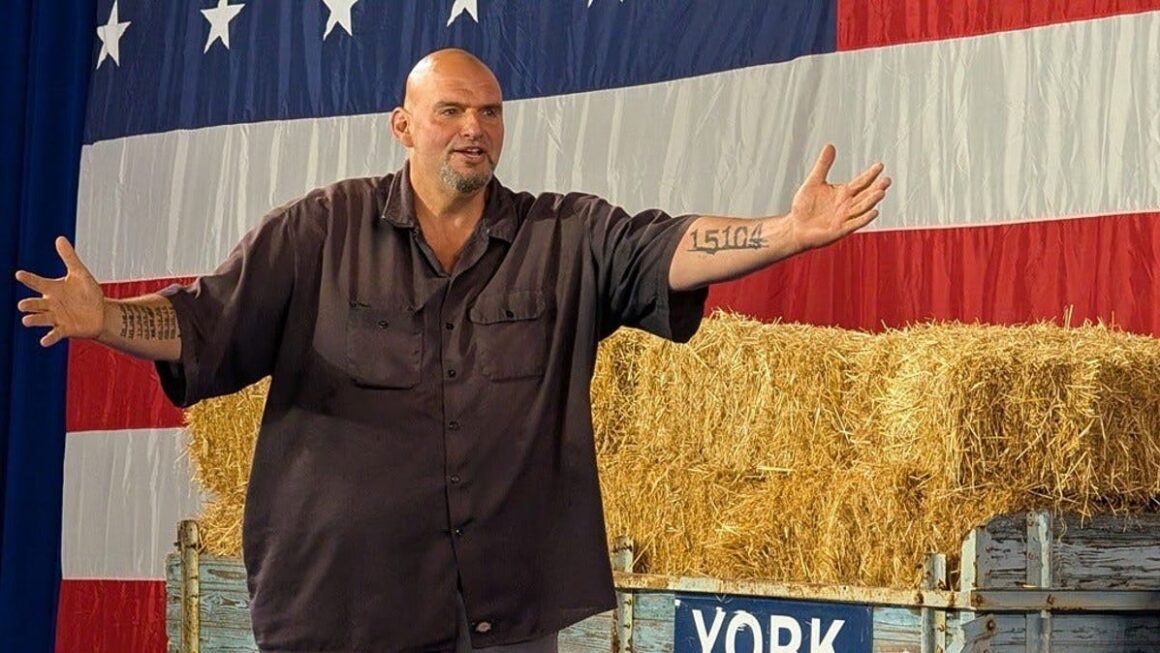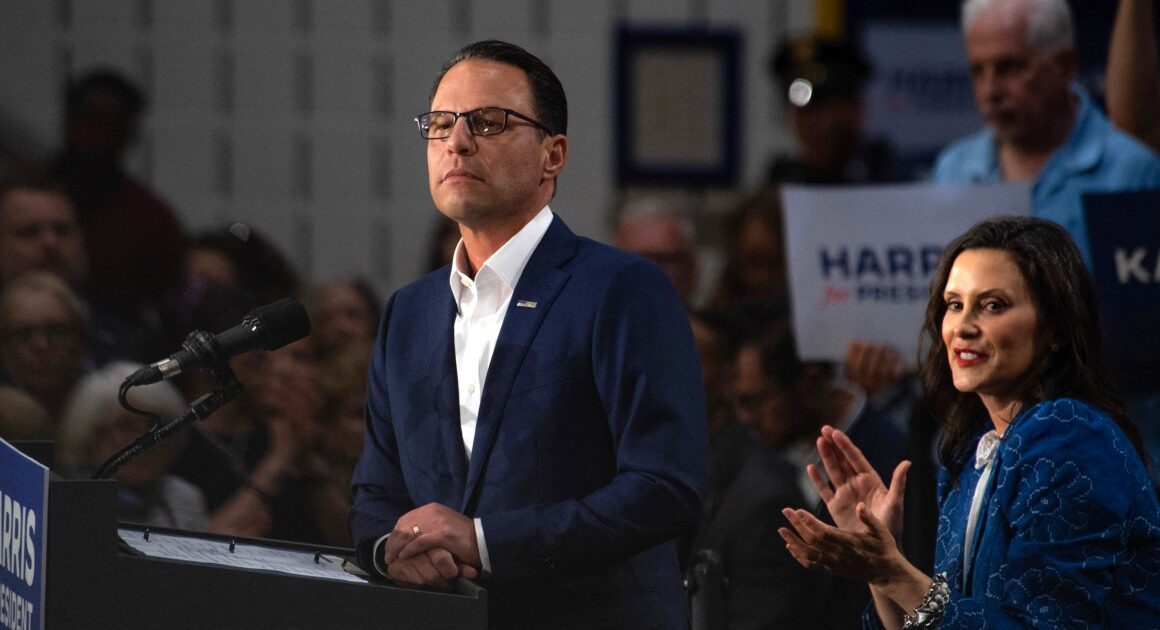
This week, the Supreme Court declined to hear appeals from seven attorneys allied with former President Donald Trump. The lawyers, including L. Lin Wood and Sidney Powell, face sanctions for filing groundless lawsuits claiming massive fraud in the 2020 election.
The decision might come as a surprise to some, given the court’s conservative majority and the fact that Trump appointed three of its nine members. But that doesn’t mean they have any desire to bail out his ethically challenged attorneys. The court’s decision not to try to save Wood and Powell is not only correct, it is entirely predictable.
These lawyers are not heroes to Supreme Court justices of any stripe.
After the 2020 election, Wood, Powell and five others eagerly followed Trump’s lead in claiming the election was stolen. (Powell in particular found viral infamy with her promise that her evidence would “release the Kraken.”) They filed a lawsuit in Michigan attempting to get that state’s election results thrown out. The lawsuit was based on nothing but a fanciful tale about a stolen election that never was. In the end, reports NBC News, they “were ordered to pay legal fees, undertake new legal training and were referred to their respective state bar associations for any disciplinary procedures.”
These lawyers are not heroes to Supreme Court justices of any stripe. They sully the reputation of the profession to which the justices all belong. They do not want to look down from their elite perch and see the Woods and Powells of the world abusing their power as members of the bar without repercussions.
It’s true that attorneys do not enjoy the highest level of respect and popularity among other professionals. (Please insert your favorite lawyer joke here.) But lawyers hold themselves to high professional standards. Attorneys must pass not just the bar exam to practice law, but also a moral character exam. We must adhere to a code of ethics. We cannot, to take a wild hypothetical, lie in a court of law and file a lawsuit without any factual basis, and expect to escape professional sanctions. This is because attorneys hold a position of trust in our society. We make plenty of consequential decisions for and with our clients, and sometimes even have control over money that belongs to them.
Part of the purpose of the sanctions at issue here is to punish attorneys like Wood and Powell. But another part is deterrence: to send a message to the rest of the country that the profession will not tolerate this type of conduct. The district court in this case found that the sanctions could disincentivize future lawsuits “designed primarily to spread the narrative that our election processes are rigged.” The U.S. Court of Appeals for the Sixth Circuit reduced but upheld the district court’s award of sanctions against Wood and Powell.
The justices aren’t interested in revisiting the Sixth Circuit’s decision and bailing Wood, Powell and their ilk out. This court is interested in making the country more conservative, but not in saving bad lawyers from themselves.
The great irony here is that this is the same Supreme Court dealing with some questionable ethical behavior by a few of its members.
The great irony here is that this is the same Supreme Court dealing with some questionable ethical behavior by a few of its members. The justices are clearly aware of the importance of deterring and punishing unethical behavior in the legal profession, yet the court’s recently proposed code of conduct has no enforcement mechanism. The justices face no real threat of repercussions for any questionable behavior they may engage in, at least not other than public pressure.
Perhaps one day the Supreme Court will acknowledge and remedy this contradiction. Until then, just because the justices themselves can’t face sanctions doesn’t mean other judges and attorneys can’t, and that’s what we’ll have to live with for now.
![]()





